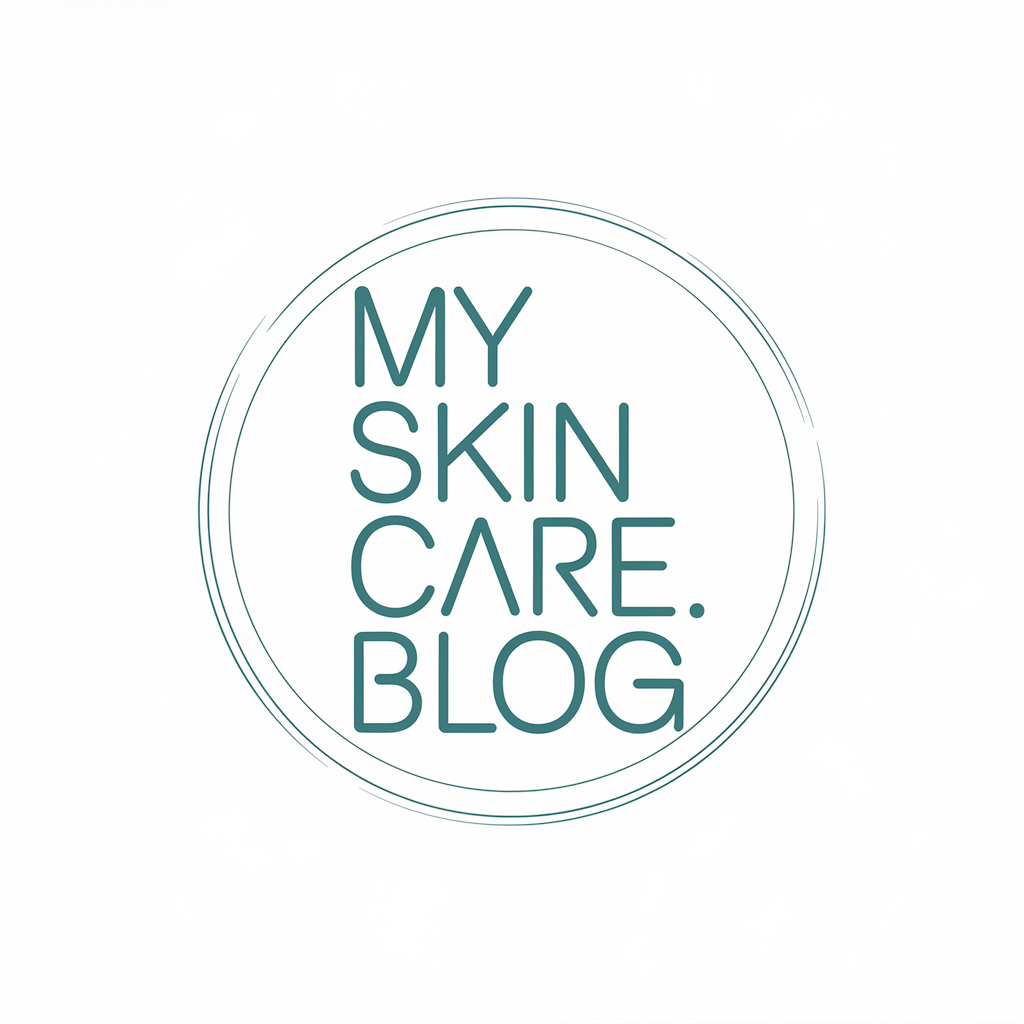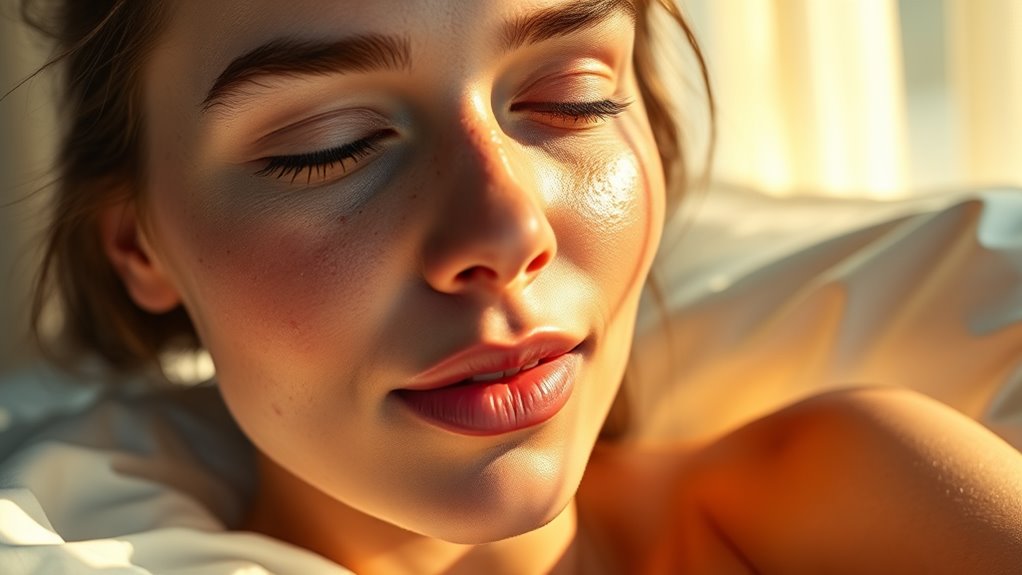How Sleep Affects My Skin More Than Any Product Did
Sleep significantly impacts your skin health, often more than any product. When you sleep, your body repairs itself, enhances collagen production, and regulates hydration, all vital for a radiant complexion. In contrast, lack of sleep leads to inflammation, dryness, and dullness, making your skin appear tired. Quality rest boosts cellular repair and promotes new skin growth, improving overall vitality. Explore how better sleep habits can transform your skin for the healthier glow you desire.
The Science Behind Sleep and Skin Health
Although you mightn’t realize it, sleep plays a crucial role in maintaining skin health.
The sleep skin connection is rooted in cellular repair processes that occur during deep sleep. During this time, your body promotes collagen production, regulates hydration, and reduces inflammation.
These mechanisms help regenerate skin cells, enhancing your complexion and overall skin vitality.
Prioritizing sleep can significantly benefit your skin’s appearance.
The Impact of Sleep Deprivation on Complexion
Sleep deprivation directly disrupts the delicate balance of skin health, leading to noticeable changes in your complexion.
You may experience increased inflammation, dryness, and a dull appearance. Reduced circulation can hinder nutrient delivery, exacerbating skin conditions.
Additionally, hormonal fluctuations can trigger breakouts.
Ultimately, insufficient sleep compromises your skin’s ability to maintain its youthful glow, resulting in a tired, worn-out look.
How Sleep Boosts Skin Repair and Regeneration
When you rest at night, your body enters a critical state of repair and regeneration, benefiting not just your overall health but also your skin’s vitality.
During sleep, collagen production increases, enhancing skin elasticity and reducing signs of aging.
Cellular turnover accelerates, enabling your skin to shed dead cells and promote new growth, resulting in a fresher, healthier complexion by morning.
The Role of Sleep in Reducing Inflammation and Breakouts
A good night’s rest can significantly lower inflammation and help prevent breakouts, as your body works to regulate stress hormones like cortisol during this restorative period.
Adequate sleep balances your immune response, reducing skin irritations and redness.
Additionally, it promotes cellular repair, which can lead to a healthier complexion.
Prioritizing sleep is essential for maintaining skin vitality and minimizing acne flare-ups.
Tips for Improving Sleep Quality for Better Skin
Prioritizing quality sleep can have a transformative impact on your skin’s health.
To improve your sleep quality, establish a consistent routine, create a dark, cool environment, and limit screen time before bed.
Incorporating relaxation techniques, such as meditation or deep breathing, can also enhance sleep.
Avoid caffeine and heavy meals in the evening to promote uninterrupted rest, allowing your skin to rejuvenate effectively. Additionally, practicing daily gratitude before bed can help foster a positive mindset that supports restful sleep.





